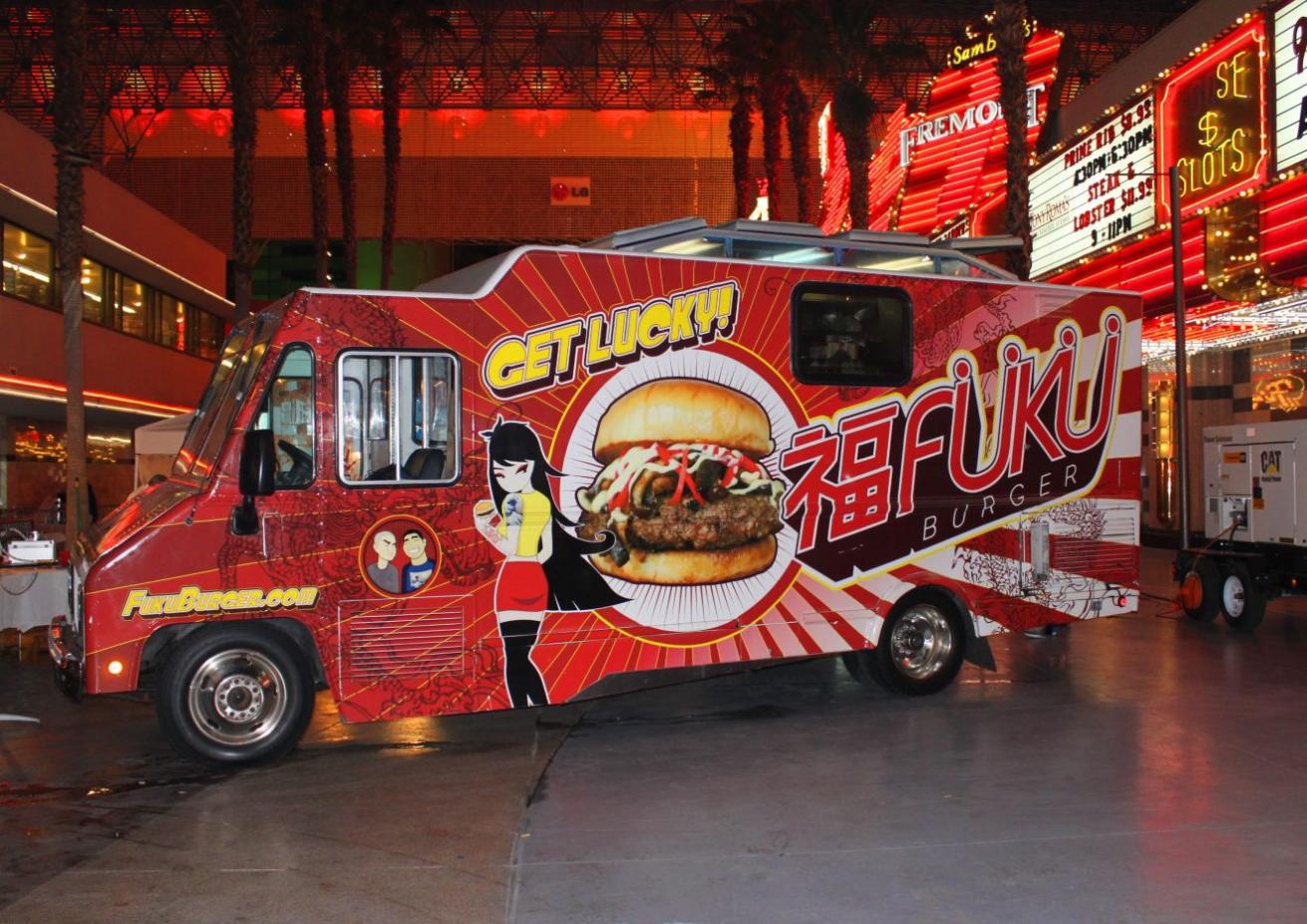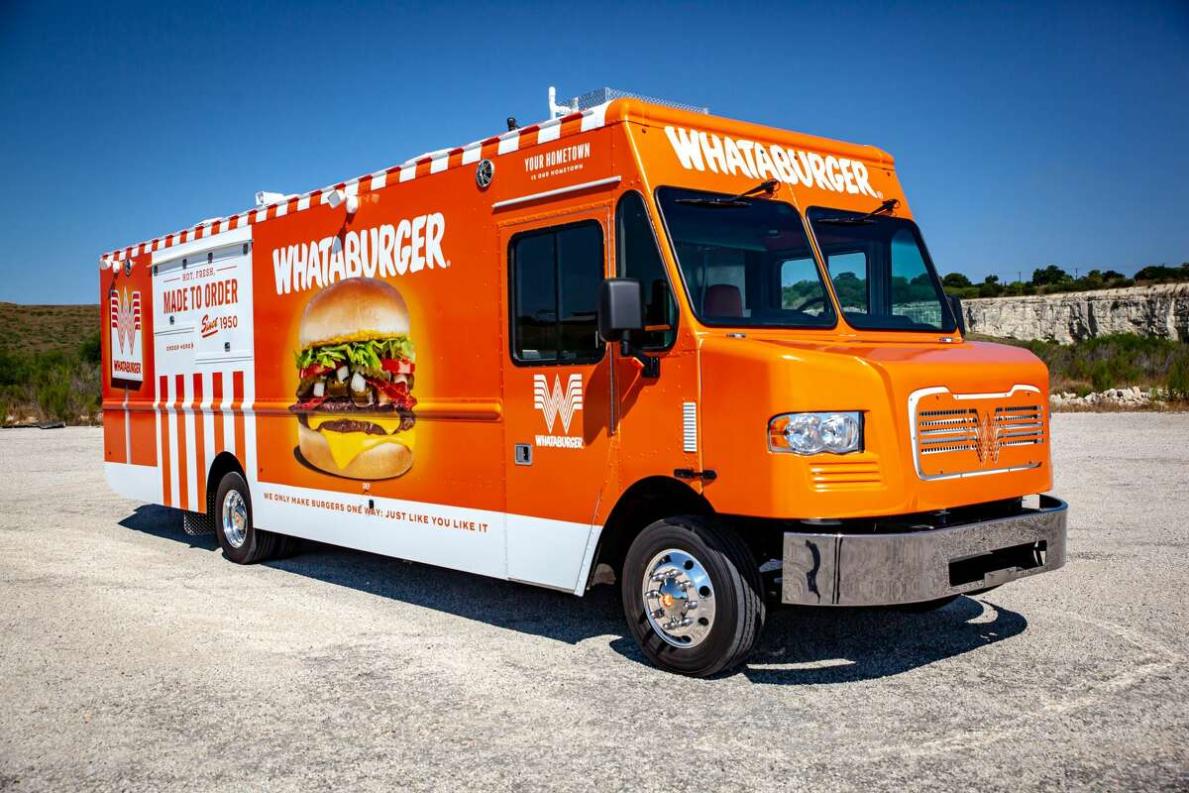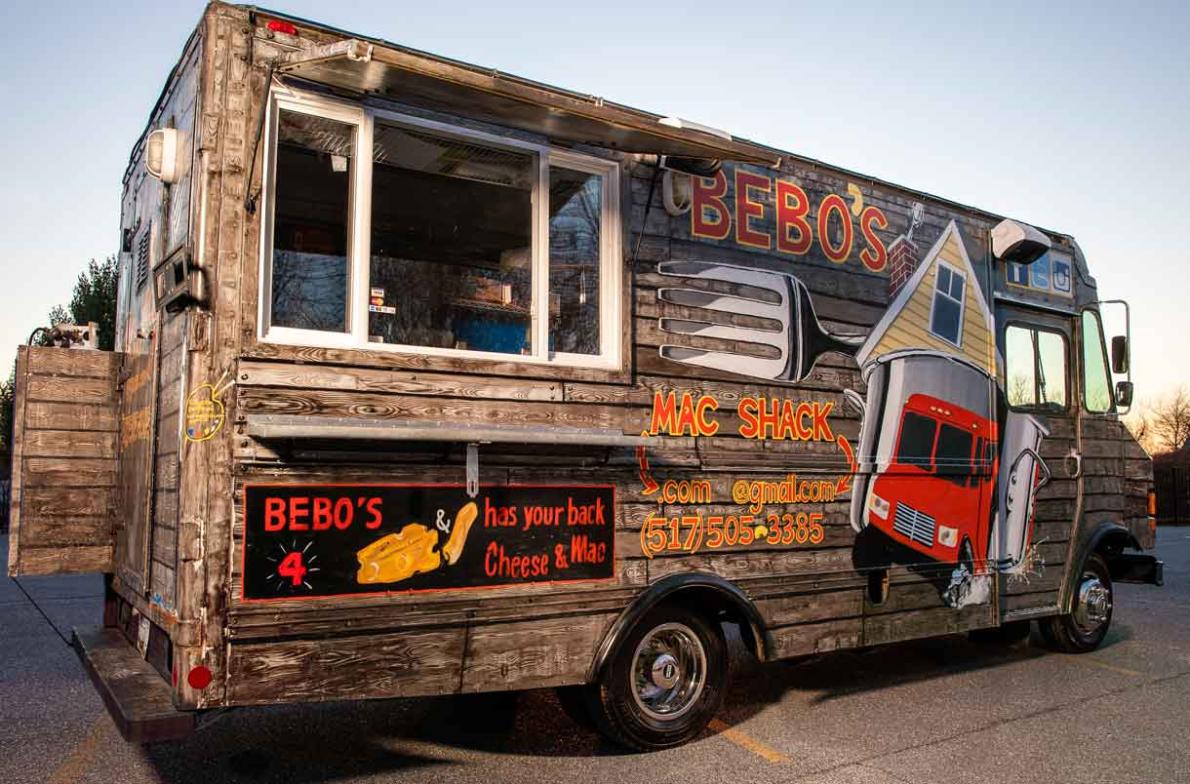What Are the Legal and Regulatory Requirements That Catering Food Trucks Must Comply With?
Catering food trucks have become increasingly popular in recent years, offering a convenient and affordable way for people to enjoy delicious food. However, operating a catering food truck comes with a number of legal and regulatory requirements that must be met in order to ensure the safety and well-being of customers.

1. Health And Safety Regulations:
Catering food trucks must comply with strict health and safety regulations to ensure that the food they serve is safe for consumption. These regulations typically include:
- Food Safety Training: Food truck operators and employees must undergo food safety training to learn proper food handling, storage, and preparation techniques.
- Food Inspection: Food trucks are subject to regular inspections by health authorities to ensure that they are maintaining proper sanitation and food safety standards.
- Food Storage and Handling: Food trucks must have adequate refrigeration and storage facilities to maintain food at safe temperatures. They must also follow proper food handling procedures to prevent contamination.
- Waste Disposal: Food trucks must have a proper system for disposing of waste, including food waste, grease, and wastewater, in a manner that complies with local regulations.
2. Licensing And Permits:
Catering food trucks must obtain the necessary licenses and permits from local and state authorities in order to operate legally. These typically include:
- Business License: A general business license is required to operate a food truck in most jurisdictions.
- Food Service License: A food service license is required to prepare and serve food to the public. This license typically requires proof of food safety training and compliance with health and safety regulations.
- Mobile Food Vending Permit: A mobile food vending permit is required to operate a food truck on public property. This permit may have specific restrictions on where and when food trucks can operate.
- Health Permit: A health permit is required to ensure that the food truck meets all health and safety standards. This permit is typically issued after a health inspection.
3. Insurance:
Catering food trucks are required to carry adequate insurance coverage to protect themselves and their customers in the event of an accident or injury. This typically includes:
- General Liability Insurance: This insurance covers the food truck operator against claims of bodily injury or property damage caused by the operation of the food truck.
- Product Liability Insurance: This insurance covers the food truck operator against claims of illness or injury caused by the consumption of food served from the food truck.
- Workers' Compensation Insurance: This insurance covers employees of the food truck in the event of an injury or illness sustained while working.
4. Zoning And Parking Regulations:

Catering food trucks must comply with local zoning and parking regulations that govern the operation of food trucks in public spaces. These regulations may include:
- Zoning Restrictions: Some areas may have zoning restrictions that prohibit or limit the operation of food trucks in certain areas.
- Parking Restrictions: Food trucks may be restricted from parking in certain areas or during certain times of day.
- Permits and Fees: Food trucks may be required to obtain permits or pay fees to operate in certain areas.
5. Additional Requirements:
In addition to the above requirements, catering food trucks may also be subject to additional regulations, such as:
- Fire Safety Regulations: Food trucks must comply with fire safety regulations, including having fire extinguishers and fire suppression systems.
- Signage and Labeling: Food trucks must have proper signage and labeling to inform customers about the food they are serving and any potential allergens.
- Menu and Pricing: Food trucks must have a menu that clearly lists the items they are serving and the prices of those items.
- Customer Service: Food truck operators must provide courteous and professional customer service to their customers.

By complying with all applicable legal and regulatory requirements, catering food truck operators can ensure that they are operating their businesses safely and legally, and that they are providing their customers with a safe and enjoyable dining experience.
YesNo

Leave a Reply